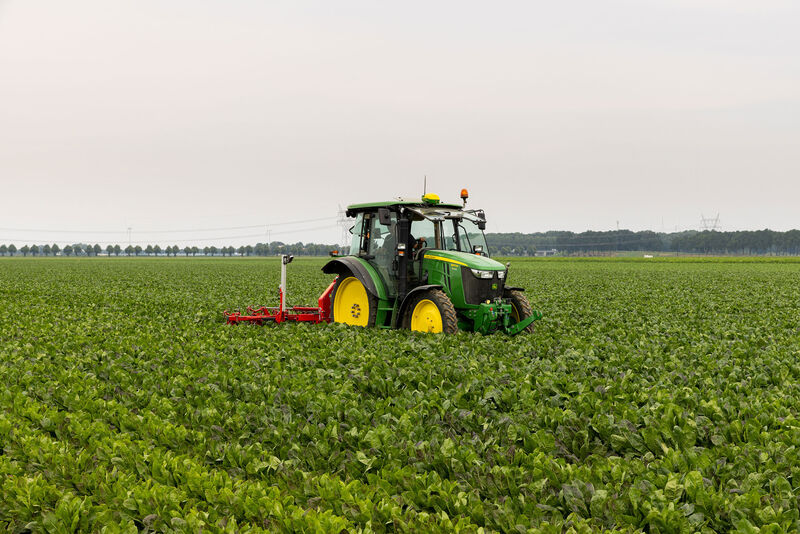
Koppert has been offering solutions in the field of integrated pest management for over 55 years, mainly for protected crops. Natural enemies are used on a large scale to combat pests and mites. Chemical plant protection products are used only in emergencies and are always selective. That means they won't harm natural enemies or do so to a limited extent, leaving the biological system intact.
Naturally present
Over the past ten years, our focus has increasingly shifted to outdoor crops. If you produce outdoor crops, you're at a huge advantage: the open air is home to an abundance of tiny natural enemies that are invaluable in an ICM or IPM strategy. They can boost the effectiveness of your plant protection and pest control. However, you do need to take care of these useful creatures if you want to utilize their strengths rather than killing them. Or you could say: harness the added value of nature's helpers.
Much to gain
This approach can be very effective. For example, did you know that just one parasitic wasp can kill up to 300 aphids? See the page 'Products & Solutions' on our website for more information about which natural enemies are effective against which pests. The natural enemies listed on the page are bred for this purpose, but there are many more beneficials in the open air.
Tips to help you get more out of natural enemies
- Make sure to use plant protection products that have little or no impact on natural enemies. The Koppert Side Effects app tells you which pesticides are harmful or harmless to natural enemies.
- Make a plan with a Koppert consultant to determine the best times to use which products.
- Soil is home to many natural enemies, such as predatory mites, beetles, spiders, and beneficial soil-borne nematodes. Make sure the soil is a good place for them to live. There's a wealth of knowledge about this in the organic farming sector.
- Planting flower strips or bushes can help attract certain natural enemies.